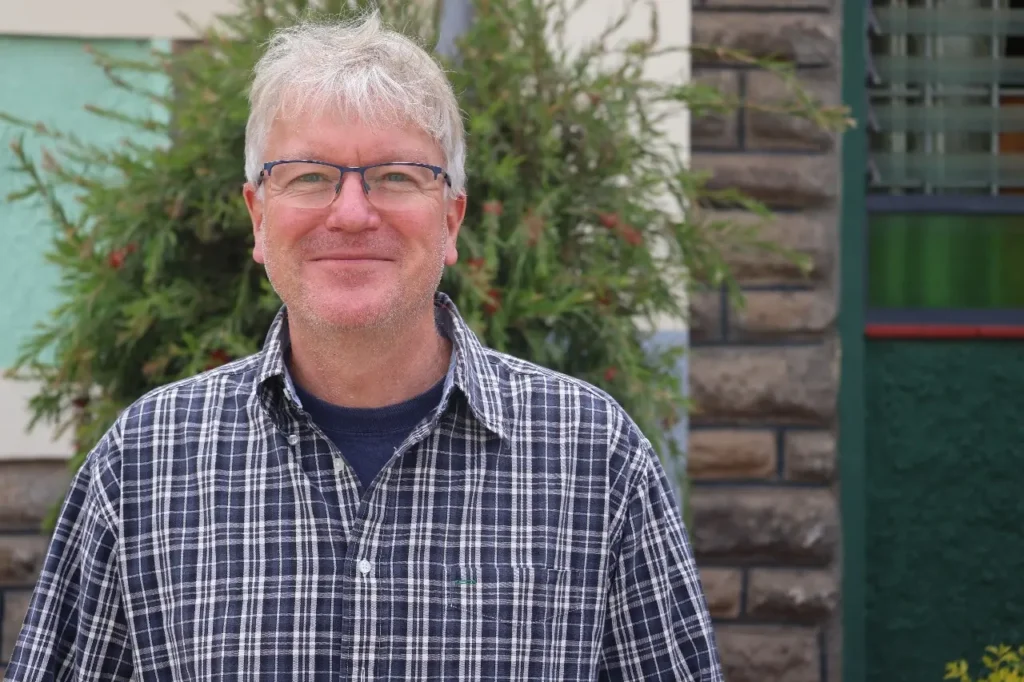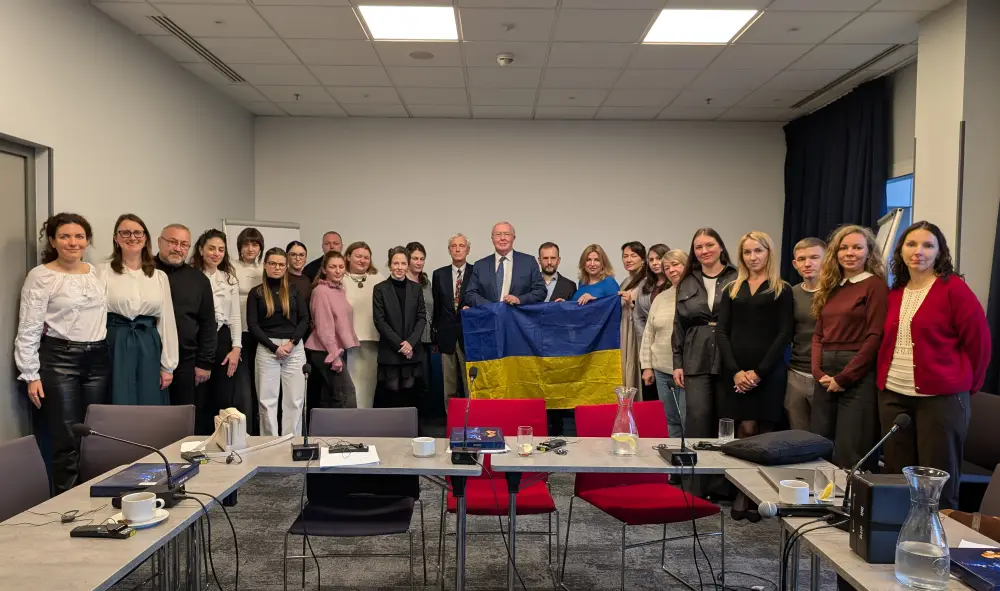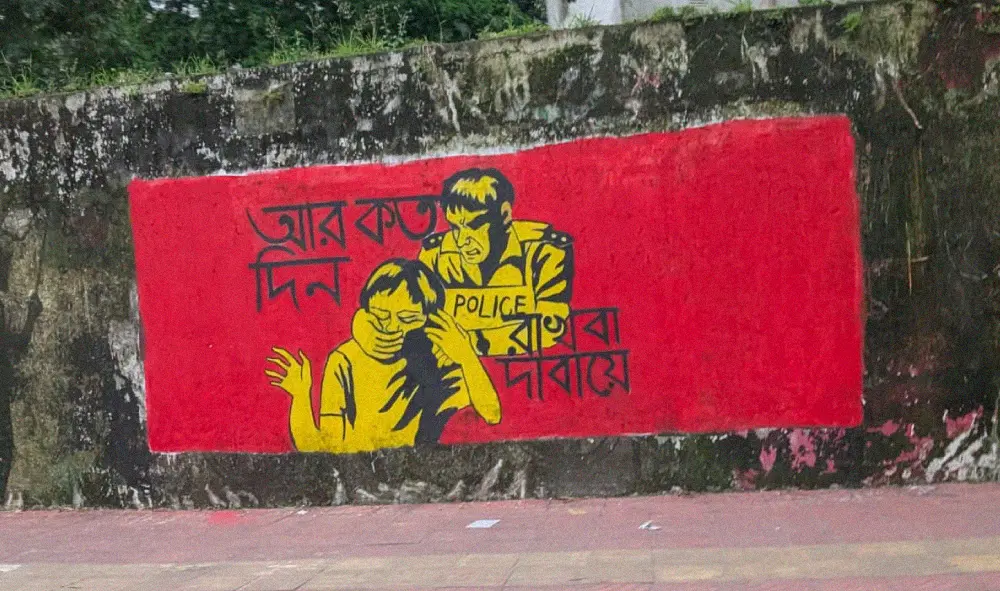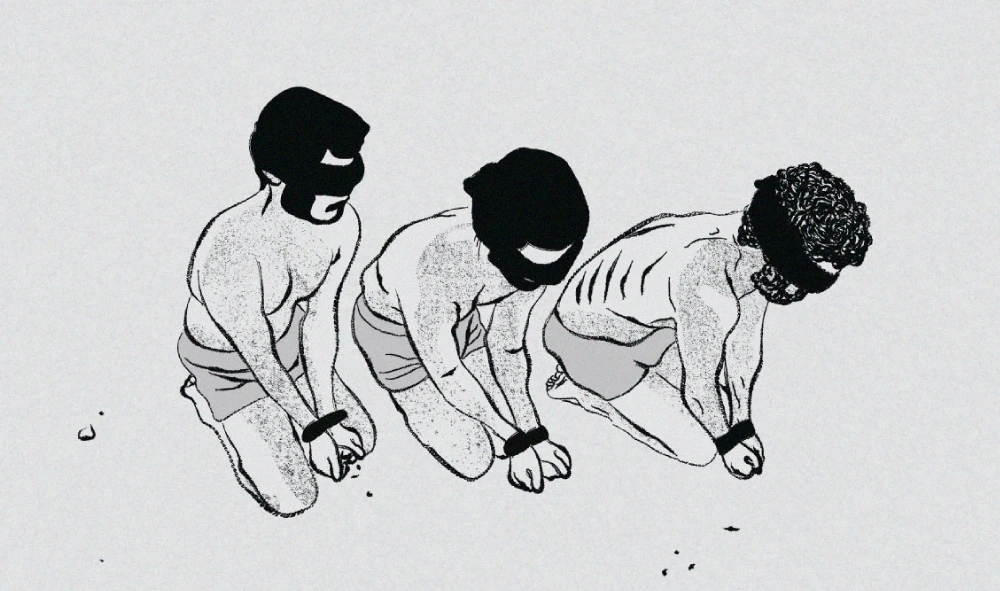How are the violence prevention programmes you work with constructed?
DIGNITY’s violence prevention programmes are like the Danish municipal cooperation between schools, social services and the police (SSP) on steroids.
Here, the three sectors work together around a young person in an educational programme who, for one reason or another, has come into conflict with the law or their surroundings. The goal is typically to get the young person to break out of a criminal and possibly violent path and back into a healthy, conflict-free educational development programme.
In DIGNITY’s violence prevention programmes, we replace the young person with an entire area and work not just with three but with all relevant sectors in the area to prevent all forms of violence and create safety for residents in many cities in East, West, and North Africa, the Middle East, and Central America.
We create cooperation between local governments, police, media, transport, education and health institutions, correctional services, civil society organisations, and the private sector locally.
Based on the framework ‘together we are stronger, together we know more, together we can change more things for the better’, we create with our partners a meeting place for dialogue, collaboration, and joint violence prevention. We do this by training leaders from different sectors to work in groups with people they have previously been cut off from and perhaps perceived as opponents.
This challenges leaders to change their mindset to be less aggressive and more curious about collaboration. They work collaboratively and practically to prioritize goals and visions to prevent violence in their areas.
You have worked on violence prevention in many countries; what are the differences and similarities between the countries?
The differences in context, levels of violence, political will, and especially mindsets are many, but for many of the violence issues, it is often a question of intensity. There is violence, but it appears to a greater or lesser extent depending on context, tradition, culture, and norms.
We seek to create the best conditions for joint action against violence. We work to build trust across sectors and, most importantly, good interpersonal relationships between the participating leaders. Then, we try to unleash our creativity.
What are the biggest challenges in your work?
Preventing all forms of violence and creating safety for all citizens in communities is complex work that not one organization or sector can do alone. The antidote to complexity is cross-sectoral collaboration, where the many different sectors have expertise and assets that can be brought to bear.
DIGNITY’s work is based on selected violence and security-challenged communities with known administrative boundaries and clear roles for decision-makers. This has proven to be a strength, as leaders who live, work, have children, or study in a clearly defined area often have a strong connection to the area and want to help bring about improvements there.
Quick and visible results create greater political will and demand. A few participating leaders from state institutions can open up systematic work on change in crucial state institutions.
It makes sense to create local ‘windows of opportunity’ at the municipal level that national decision-makers can be inspired by. For example, our partnerships in countries like Kenya and Guatemala are now in demand and can work on actual ‘system changes’ that could benefit large populations.
When the project goes from 2 regions to 47, what does it take?
We have tested and evaluated our work in different countries. Independent studies show promising results on urban violence prevention, community safety work, and election violence prevention. We are now facing a more significant challenge: In Kenya, we desire to expand our work to the rest of the country, modelled on the efforts in Nakuru and Baringo in collaboration with our partner organization MIDRIFT HURINET.
There is political will and demand from the highest national level for our efforts in all 47 counties in Kenya, which could impact a population of around 50 million people. However, this is not something that just happens. It requires a strong and sustained commitment from many actors like government, civil society, and development partners in Kenya.
You value local ownership of the projects. Why is that important, and how do you ensure this?
If you don’t take ownership of the projects locally, they will only create change in the local communities for a limited period when the projects are running and have budgets. This is not sustainable, and this is what violence prevention work needs to be.
We are, therefore, working to ensure that government institutions and civil society organizations with a long-term national mandate in violence prevention, peacebuilding, and security are involved in finding solutions. This is one of the reasons we have been able to achieve such good results in Kenya, not only for the benefit of the individual Kenyan but also for the stability and future of society.




